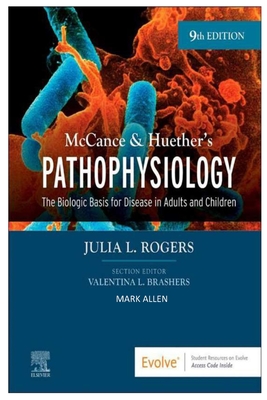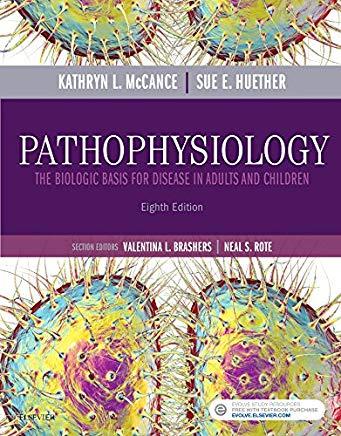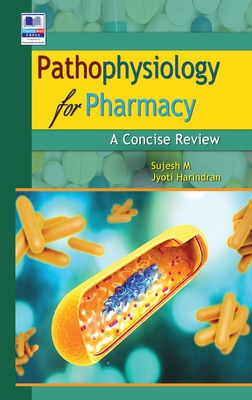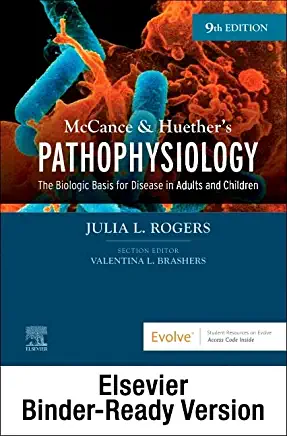
description
rved physical changes and "physio-" to the disease's functional processes or mechanisms. Pathophysiology describes the changes that occur during a disease process. Pathophysiology is the branch of toxicology that studies the biochemical and physical changes that occur when a person (known as the "host") is exposed to toxic levels of a substance.
In toxicology, pathophysiology considers how the qualities of the poison (for instance, measurement, actual properties and substance properties) and the attributes of the host (counting species, life stage, wellbeing/conceptive status, digestion, and individual responsiveness) communicate to deliver physical and additionally biochemical changes in the host. The host's response to a toxicant's effects is another aspect of pathophysiology. Physical and chemical injury may be sufficient to cause rapid death in acutely lethal intoxications. Toxicant-induced injury causes dysfunction of cells, tissues, and/or organs in non-lethal toxic exposures that may last or lead to death.
In toxicology, pathophysiology considers how the qualities of the poison (for instance, measurement, actual properties and substance properties) and the attributes of the host (counting species, life stage, wellbeing/conceptive status, digestion, and individual responsiveness) communicate to deliver physical and additionally biochemical changes in the host. The host's response to a toxicant's effects is another aspect of pathophysiology. Physical and chemical injury may be sufficient to cause rapid death in acutely lethal intoxications. Toxicant-induced injury causes dysfunction of cells, tissues, and/or organs in non-lethal toxic exposures that may last or lead to death.
member goods
No member items were found under this heading.
Return Policy
All sales are final
Shipping
No special shipping considerations available.
Shipping fees determined at checkout.







